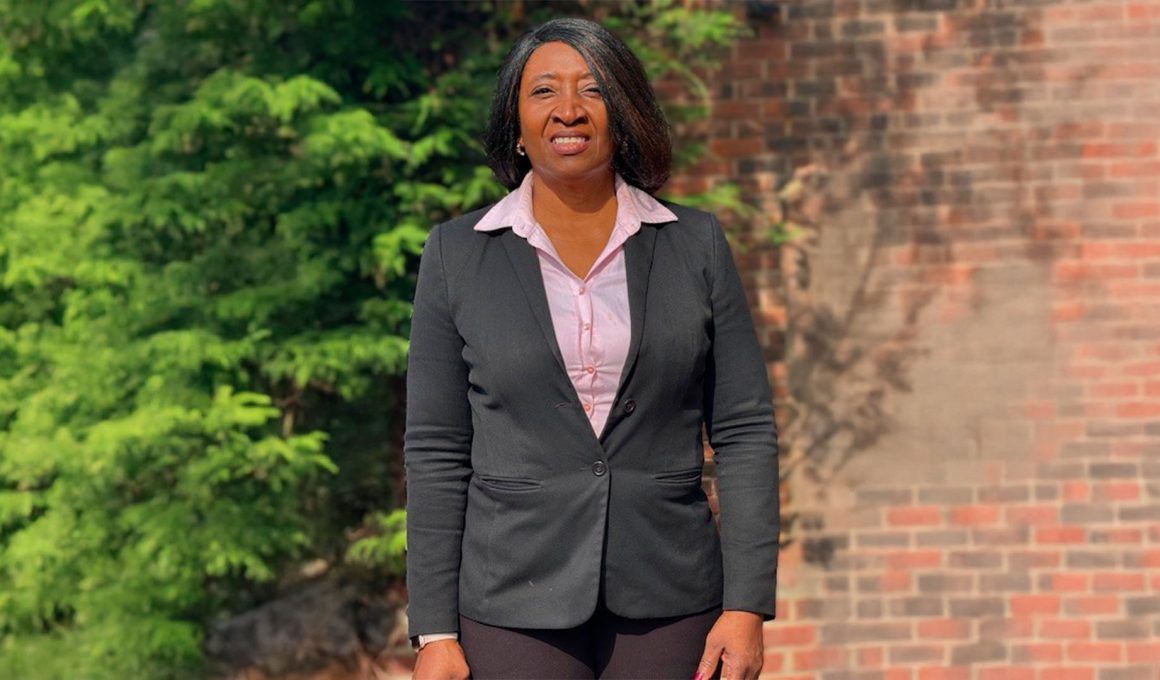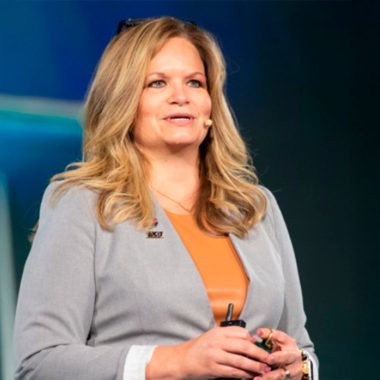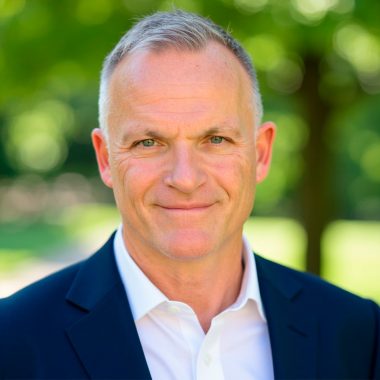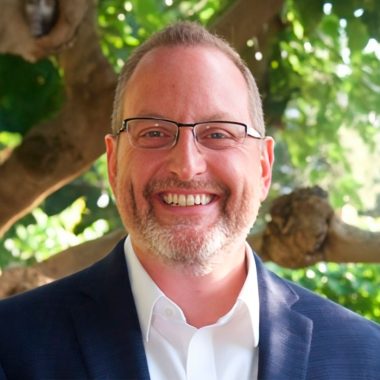Colorectal cancer research has seen significant developments in recent years, particularly around understanding immune responses and prevention strategies. Dr. Bene Ekine-Afolabi has spent her career focused on this area, working to understand how our bodies process what we consume and how this relates to cancer development. Her approach combines traditional research methods with a prevention-first mindset.
Exploring the Motivation Behind Research
Dr. Ekine-Afolabi did not stumble into cancer research by accident. “What drew me to colorectal cancer research was the passion to understand how the human body reacts to our food intake, to drugs, medications, and also how our body responds to the environment,” she says. The motivation is straightforward when you consider it. She wanted to figure out the basics – how we process what goes into our bodies and how we react to everything around us. The questions that drive her work are not complicated on the surface. “How is it that we are able to metabolize whatever comes into our system and how does our body react to our environment?” But finding answers to these seemingly simple questions has become her life’s work.
Explaining How the Immune System Responds
When Dr. Ekine-Afolabi talks about her research, she keeps things accessible. “As humans, we are made up of tissues, blood, and genes that are responsible for carrying out biological functions in our body,” she explains. The real problems start when our immune system gets overwhelmed or cannot regulate properly. This is where it gets interesting. “When you have food intake or substances that stimulate immune response, and if the immune response is not kept under control or regulated to not continuously be an immune response, then you have the cells being affected,” she notes. If your immune system cannot turn off the alarm bells, serious problems develop. “With any disruption in your immune system, your immune system will not be able to control the immune response.” This leads to a cascade effect. “You have continuous inflammation and your body trying to adapt or respond to it. If your genetic makeup is not able to prevent the continuous inflammation, then you have cancer progressing.” The picture is concerning, but understanding this process is crucial for developing better treatments.
Tracing the Educational and Cultural Roots
Dr. Ekine-Afolabi’s educational journey started in Nigeria with applied biology, focusing on medical microbiology. She later moved to the UK for biomedical science, then completed master’s research and a PhD in cancer research. “From the very onset, from my first degree, I have been in the biomedical science studies,” she confirms. She has maintained laser focus from day one. Her background extends beyond academics. She comes from the Ijaw group in River State, Nigeria, specifically from Tombia and Buguma. “I am from a royal home and I am named after my grandmother who was the daughter of an empress,” she shares. There is clear pride in her heritage, which seems to fuel her dedication to her work.
Promoting Prevention as a Research Priority
Dr. Ekine-Afolabi has strong opinions about how we should approach cancer research. Her goal is “to prevent the occurrence of colorectal cancer so that we are cancer free.” She is not interested in just treating cancer after it develops. “Once you are able to understand how it occurs, you should be able to prevent it rather than waiting for it to occur and trying to cure,” she argues. This approach makes sense when you consider the logic.
She is optimistic about where immunotherapy is headed. “With immunotherapy, we should be able to advance further considering the fact that there is an improved understanding and insight into immunotherapy and the immune system,” Dr. Ekine-Afolabi observes. More knowledge means better tools, and better tools mean more effective treatments. “With this insight, scientists will be able to take immunotherapy further into making sure that we have better response to treatment.” Her work has already gained recognition – she was welcomed into the Sigma Xi Research Honor Society for her contributions to scientific knowledge. “With my publications that talk about the insights into the human system and immunology, I believe that insight is an addition to knowledge,” she reflects. “The understanding I am bringing in to understand how our body actually maintains its system helps us establish better treatment for diseases.”
Connect with Dr. Bene Ekine-Afolabi on LinkedIn to follow her cancer research insights.








